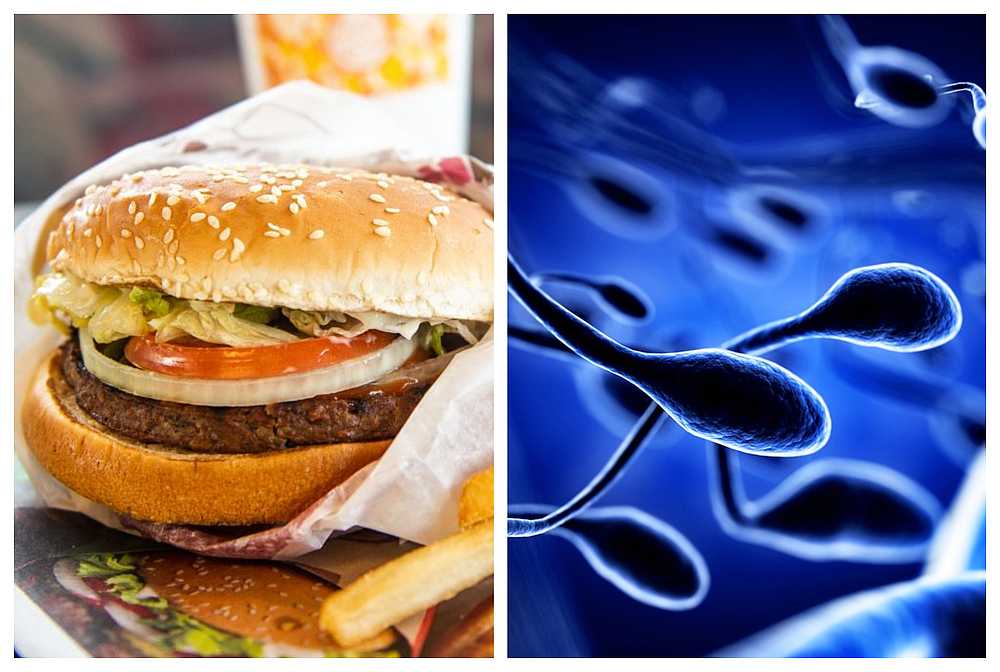Men who eat junk food likely to have small testicles, low sperm count, US study suggests

KUALA LUMPUR, Feb 25 – A recent US study by a group of Harvard University researchers suggests that men who frequently munch on junk food such as pizzas, burgers, chips and cola are more likely to have small testicles and a low sperm count.
The study, which was published in the journal JAMA Network Open on February 21, analysed the health and diet of 2,935 Danish men with an average age of 19 during military service entrance exams.
Researchers then measured the men’s testicle size and also examined the number, shape and swimming capabilities of their sperm.
The study findings showed that those who kept a healthy diet rich in fish, chicken, fruit, vegetable and water produced the most sperm and of a consistently high quality.
The healthy eaters also had the largest testicles among others.
Vegetarians ranked second followed by those on a Scandi diet of dairy and smoked fish.
Unsurprisingly, junk food addicts ranked last by having smaller testicles.
According to the findings, men with a healthy diet averaged 167 million sperms per load and a testicle volume of 13.7ml.
But those who regularly consumed processed food and red meat averaged just 122 million and 13.1ml.
Study leader Dr Feiby Nassan told The Sun UK that men may boost their chances of becoming a dad by eating a balanced diet.
“Adherence to generally healthy diet patterns were associated with better semen quality, with potentially more favourable fertility potential among adult men,” she added.
Past studies found that sperm quality has decreased in recent decades with counts down by 60 per cent in Western countries from 1973 to 2011.
Related Articles Study: Diet low in fruit and veggies and high in junk food linked to risk of mental illness New study links a junk food diet to a higher risk of depression Withdrawal symptoms from quitting junk food similar to those experienced when quitting drugs



